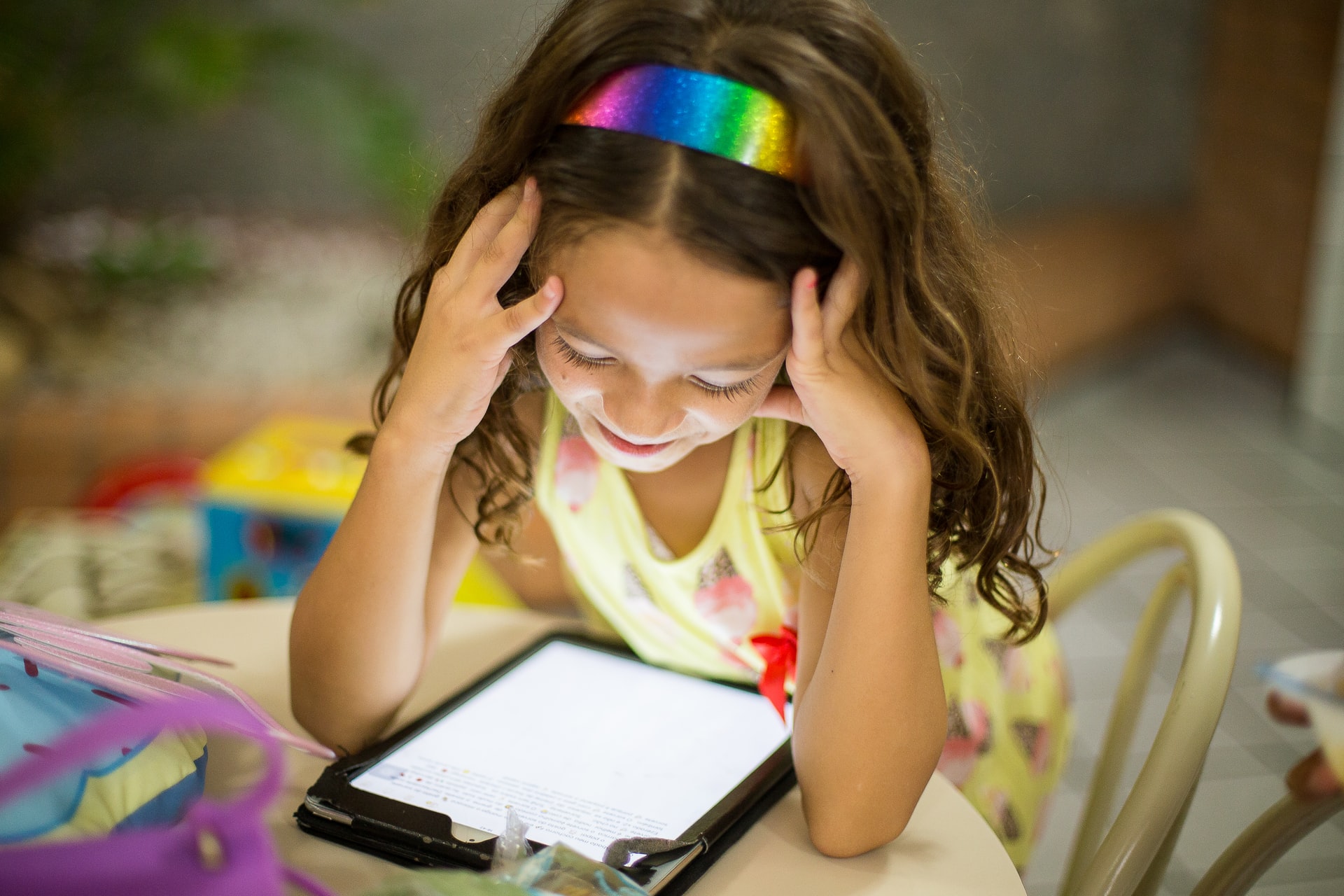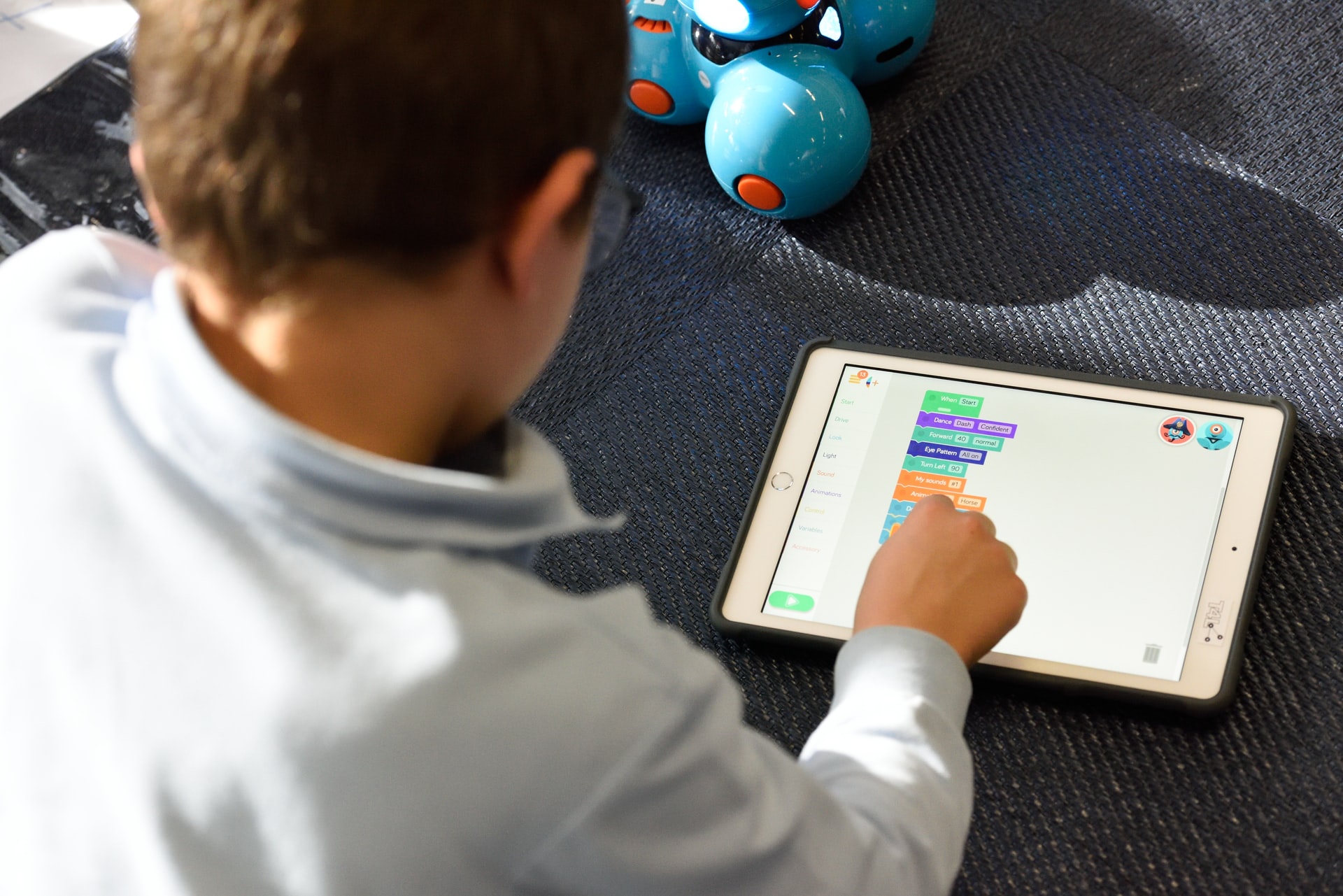Kids’ Reading Comprehension Is Worse On Screen

After some studies were done, the results were not good, as it was found that students are faring worse with comprehension tests after using digital media. This seems like a very negative result, as more students are using digital devices for reading instead of reading from paper.
Many researchers agree that students fare much better by reading print than reading on electronic devices. With all the excitement of new technology and digital tools used for students’ education, these studies are not good.
Not So Good
These new studies are actually showing that digital screen reading is not that good for students who are reading for comprehension tests. It is found that learners are doing much worse the more digital media are used for reading technical information.
It also seems like digital device reading is slowing many students down, as they do not remember most of the things they read. This poses a problem, and it has even been proven that poor readers are doing even worse than before.
While PCs, laptops, and other digital devices are part of the new generation’s lives, it has replaced reading paper media. These studies cast some doubts on claims that digital natives displayed superior performance on screen.
What The Studies Found
Studies found that with children and young adults, their reading comprehension was better with printed media than with digital media. This was also observed in studies conducted on university students, and it was found that scrolling on a screen affected cognitive load.
However, if the digital media was presented in smaller chunks without too much scrolling, these students fared much better with their comprehension reading test. Even with all the new teaching methods available, the question still exists whether digital reading is worse for the student.
The authors of this study concluded that students across different competence levels performed better on average with printed reading materials. The results also revealed that the mode effect was significantly higher with high-performing girls, not just for poor readers.
A Little May Go A Long Way
With these studies, it is also found that students who read less on digital screens are performing better than those who read screens more. While it is better to read more, the tests showed that a little reading on devices is better than a lot at one time.
It is also found that the more time children are spending on digital screens, the less likely they will form a healthy reading habit. This concern comes amid a debate about the increased screen time that the new generation of children experiences from television to mobile devices.
Concluding Thoughts
As you can see, these studies are showing that more time spent on the digital screen will cause less reading. It may also cause the student not to focus on reading printed media, thus declining comprehension performance.





